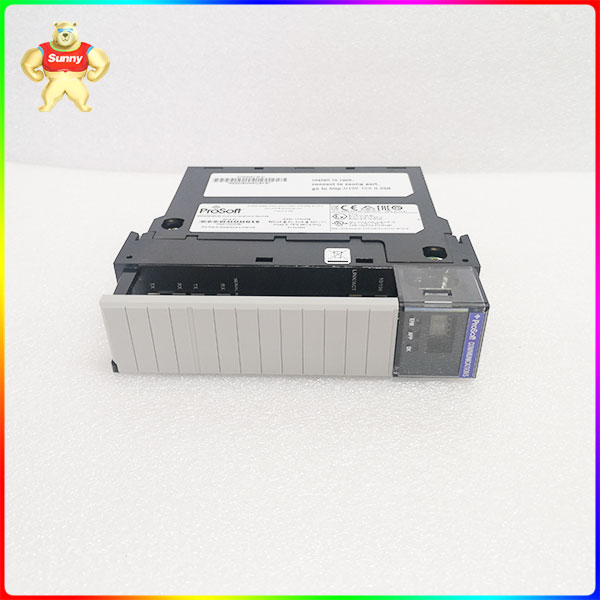Dr. Que Zhike, director of Delta Research Institute, accepted an interview with Tianji Network, an important media in the field of IT, focusing on the current innovative development in the field of AI, and Delta’s innovative application in the field of AI with its profound power electronics technology, expressing Delta’s determination to enable the development of AI+ and actively develop new quality productivity.
Director of the Delta Institute, Dr. Que Zick
MVI56E-MCM During the dot-com bubble in the late 1990s, many dot-com companies rose quickly by offering online services and products, but eventually many failed because they could not be sustainably profitable. At the same time, companies that provide server hosting, network infrastructure and network security services have enjoyed steady profits thanks to the rapid growth of the Internet. In a hot field or event in history, direct participants can be said to be rare, want to gain long-term benefits and do valuable things, but through ancillary services or products, people have gained great benefits.
In the same way, at present, there are few enterprises that profit from the application of artificial intelligence, but with the rapid development of artificial intelligence technology, innovative achievements such as smart chips and general large models continue to emerge, and the construction of digital workshops and smart factories is also accelerating, laying a solid foundation for the new industrialization enabled by artificial intelligence. Companies that provide ancillary products for the development of artificial intelligence are already at the forefront. In this context, Delta Research Institute, with its deep accumulation in the field of power electronics technology, is committed to promoting the development of AI+ and actively cultivating new quality productivity.
With the mission of “environmental protection, energy saving and love the Earth”, Delta has been developing five strategic areas: information and communication, energy infrastructure, industrial automation, building automation and electric vehicles, with power electronics as the core since its establishment in 1971. Delta invests 8% of its global revenue in research and development every year, and has spared no effort to practice sustainable development, joining RE100 and committing to 100% renewable electricity and carbon neutrality in its global network by 2030.
At the recently concluded COMPUTEX TAIPEI 2024, Delta focused on artificial intelligence, with the theme of “Decrypting Cloud to Edge AI”, and exhibited a comprehensive range of data center infrastructure solutions covering cloud to edge. Dr. Que Que, Director of the Delta Institute, shared his insights on current trends in the field of AI, as well as Delta’s applications and challenges in the field of AI. Dr. Que pointed out that the rapid development of AI technology has put forward new requirements for power electronics technology, especially in high-energy scenarios such as data centers, and how to efficiently provide energy has become an important topic.
MVI56E-MCM The application and iteration of AI+ in Delta products
“Now, AI accelerators consume huge amounts of energy, such as the industry’s new generation of GB200 superchips, which consume up to 2,700 watts.” “This presents a huge challenge to the power supply,” explained Dr Que. “How to reduce energy consumption while maintaining efficiency is the focus of our current research.”
Delta Research Institute is solving this problem through technological innovation. Dr. Que mentioned that Delta has made breakthroughs in the power supply of data centers, significantly reducing energy consumption by optimizing the power conversion and transmission process. Delta is also exploring the integration of power conversion mechanisms into PCB boards to further improve efficiency.
In terms of AI design and manufacturing, Delta Institute uses AI technology to optimize PCB board design, and with a large and mature process sample in the past, AI can automatically complete complex layout tasks, greatly improving the accuracy and efficiency of the design. “We use AI technology to automate design by analyzing thousands of successful PCB board design samples, allowing AI to learn and master layout rules,” said Dr. Que.
 中文版
中文版





